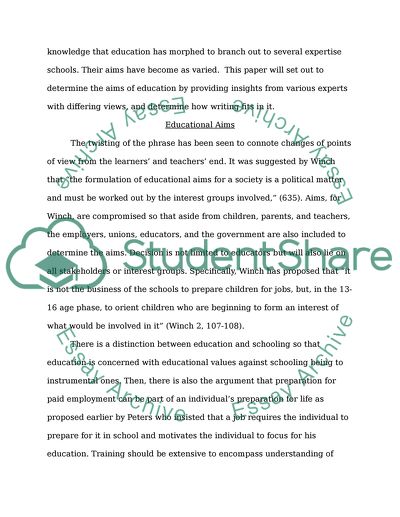Cite this document
(“Aims of Education Essay Example | Topics and Well Written Essays - 3500 words”, n.d.)
Retrieved de https://studentshare.org/english/1393625-putting-things-together
Retrieved de https://studentshare.org/english/1393625-putting-things-together
(Aims of Education Essay Example | Topics and Well Written Essays - 3500 Words)
https://studentshare.org/english/1393625-putting-things-together.
https://studentshare.org/english/1393625-putting-things-together.
“Aims of Education Essay Example | Topics and Well Written Essays - 3500 Words”, n.d. https://studentshare.org/english/1393625-putting-things-together.


